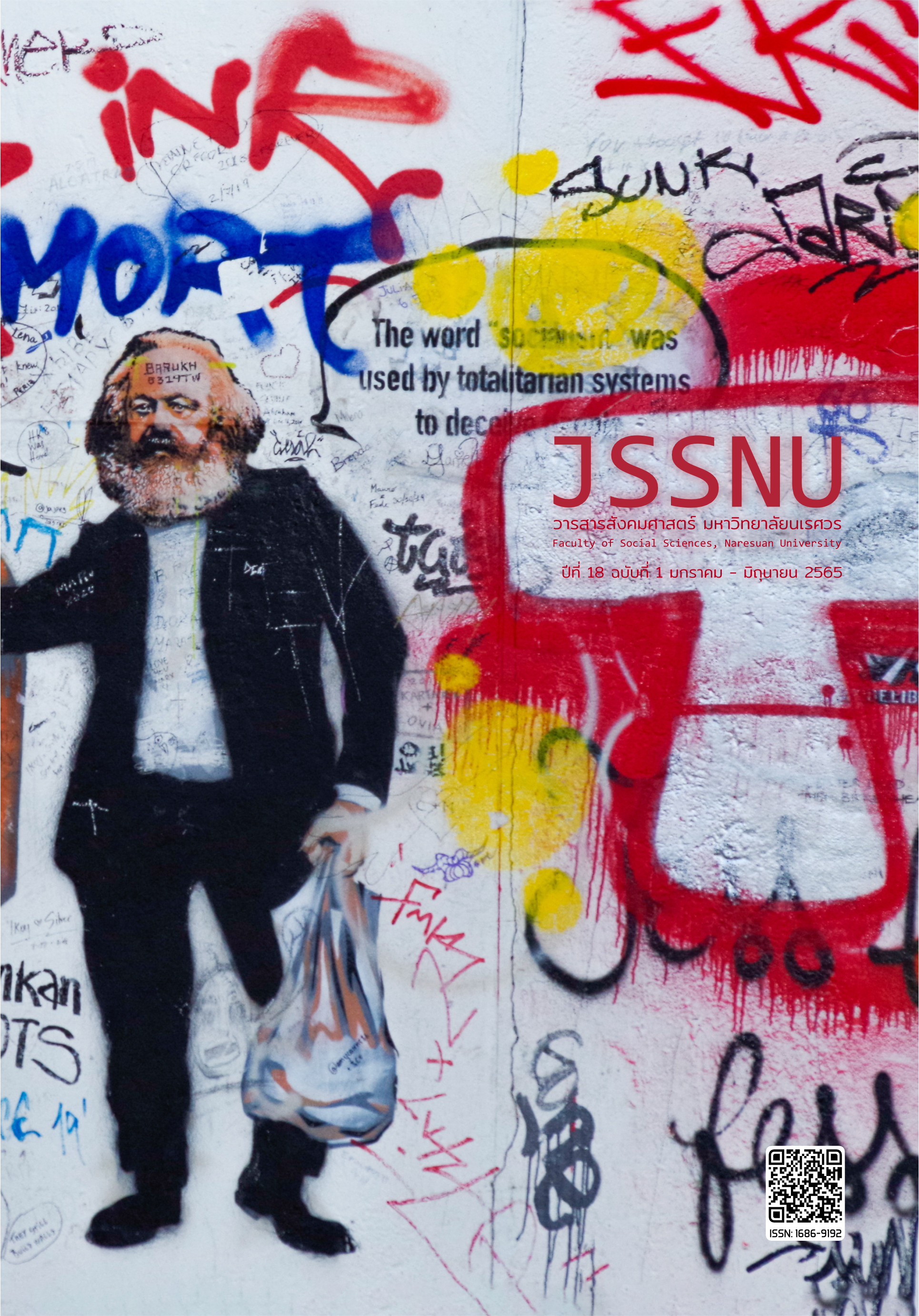The British Psychological Warfare in Malaya
Main Article Content
Abstract
British Counterinsurgency (COIN) in Malaya has been recognised by those who study the war against insurgency which in the present is dealt with efficient unconventional warfare. The British government in Malaya knows how to adapt and create new ideas about the importance of political policy. This article analyzes that the decision to do psychological warfare in Malaya is an exceptional political condition which influenced the British government to win the war, through Ser Robert Thompson psychological warfare concept.The key lessons from Malayan Counterinsurgency specify that violence is not a good solution. Rather, psychological warfare is the way to eliminate “enemy organisation” which emphasizes on psychological operation. Meanwhile, war in Malaya has proved that propaganda in the form of leaflets promoting surrender policies and government proposals are tools that can convince the Communist Party of Malaya members who fought a war of national liberation against the British Government to surrender and cooperate with the government in large numbers, until the government can significantly demolish the enemies’ organisation. The number of party members notably decreased, the forces had to retreat to the border between Malaya-Thailand which enabled the British government to end the war within 12 years.
Downloads
Article Details

This work is licensed under a Creative Commons Attribution-NonCommercial-NoDerivatives 4.0 International License.
References
Bamrungsuk, S. (2007). Counterinsurgency. Retrieved May 1, 2021, from
https://drive.google.com/file/d/1iOPVwSHuDSja8bQQB5qCjh_gYy_W0n_j/view [in Thai].
Bamrungsuk, S. (2008a). Contemporary insurgency. Retrieved May 10, 2021, from https://drive.google.com/file/d/1g_OerhRssnXlNQA0TQmh71wWyXLhsQDo/view [in Thai].
Bamrungsuk, S. (2008b). Lessons learned from Malaya. Retrieved May 1, 2021, from https://bit.ly/3P0Hvco [in Thai].
Bamrungsuk, S. (2011). Contemporary counterinsurgency. Bangkok: Department of International Relations, Faculty of Political Sciences Chulalongkorn University. [in Thai].
Barber, N. (1973). The war of the running dogs (S. Wilaijit & S. Suwan, Trans.). Pranakhorn: Siwaporn. [in Thai].
Barber, N. (1973). The war of the running dogs (S. Wilaijit & S. Suwan, Trans.). Pranakhorn: Siwaporn. [in Thai].
Clutterbuck, R. (1973). Riot and revolution in Singapore and Malaya 1954-1963. London: Faber and Faber Limited.
Comber, L. (2008). Malaya’s secret police 1945-1960: The role of the special branch in the Malayan emergency. Singapore: Institute of Southeast Asian Studies.
Comber, L. (2015). Templer and the road to Malayan independence: The man and his time. Singapore: Institute of Southeast Asian Studies. Come Out of The Darkness. (1954, 14 February). The Straits Times, p. 3.
Federation of Malaya annual report. (1956). Kuala Lumpur: Government press.
Hack, K. (2009). The Malayan emergency as counter-insurgency paradigm. Journal of Strategic Studies, 32(3), 383-414.
Komer, R. W. (1972). The Malayan emergency in retrospect: Organization of a successful counterinsurgency effort. Santa Monica, CA: RAND Corporation.
Leng, L. C. (2000). The story of a psy-warrior: Tan Sri Dr. C.C. Too. Selangor darul ehsan: Interpress printers Sdn Bhd.
Maguire, T. J. (2014). Interrogation and psychological intelligence: The construction of propaganda during the Malayan emergency, 1948-1958. In C. Andrew & S. Tobia (Eds.), Interrogation in war and conflict (pp. 152-172). London: Routledge.
Nagl, J. (2005). Learning to eat soup with a knife: Counterinsurgency lessons from Malaya and Vietnam. London: University of Chicago press.
O'Ballance, E. (1966). Malaya: The communist insurgent war, 1948-60. Hamden, Conn.: Archon books.
Peterson, J. E. (2009). The experian of British counter-insurgency campaigns and implications for iraq. Retrieved May 10, 2021, from: www.JEPeterson.net,July
Ramakrishna, K. (1999). Content, credibility and context: Propaganda government surrender policy and the Malayan communist terrorist mass surrenders of 1958. Intelligence and National Security, 14(4), 242-266.
The psychological warfare section federation of Malaya. (1957). Retrieved May 1, 2021, from https://www.psywar.org/psywar/reproductions/HPWS.pdf
Thompson, R. (1972). Defeating communist insurgency (S. Wilaijit & S. Suwan, trans.). Pranakhorn: Siwaporn. [in Thai].
Yao, S. (2016). The Malayan emergency: A small, distant war. Copenhagen: NIAS Press.
Yimprasert, S. (Ed.). (2014). Alias Chin Peng-my side of history. Bangkok: P. press. [in Thai].


